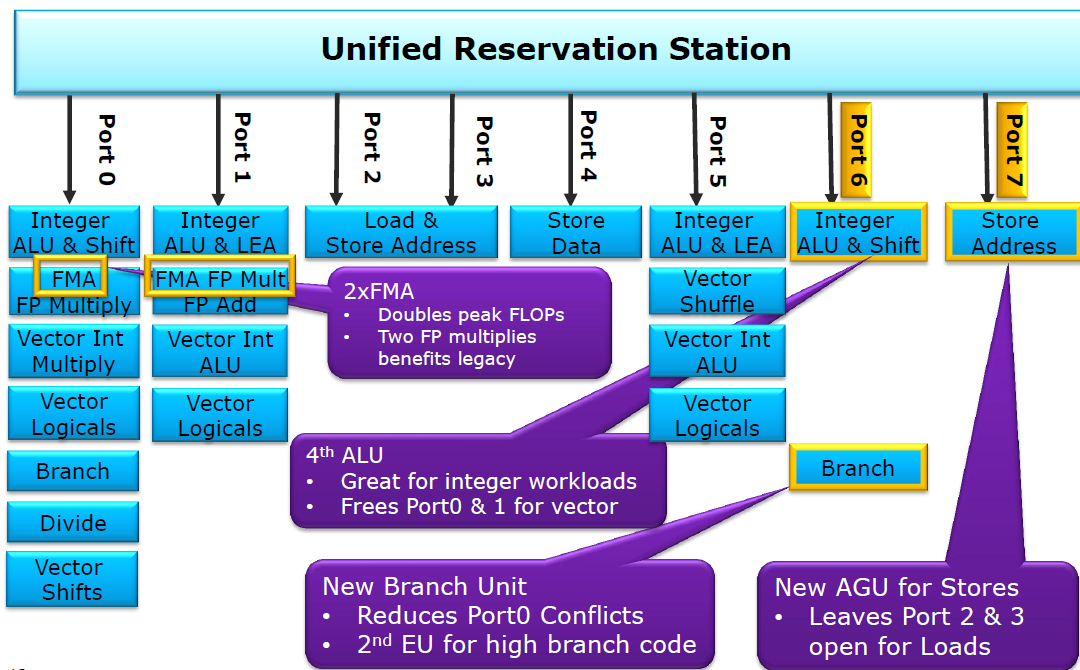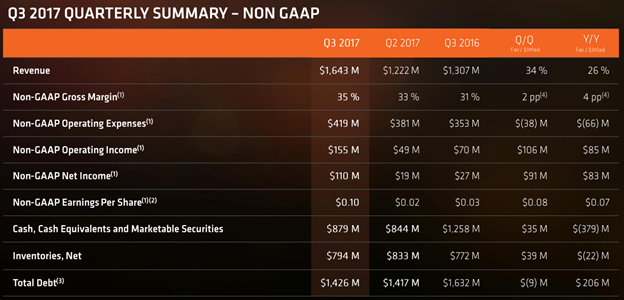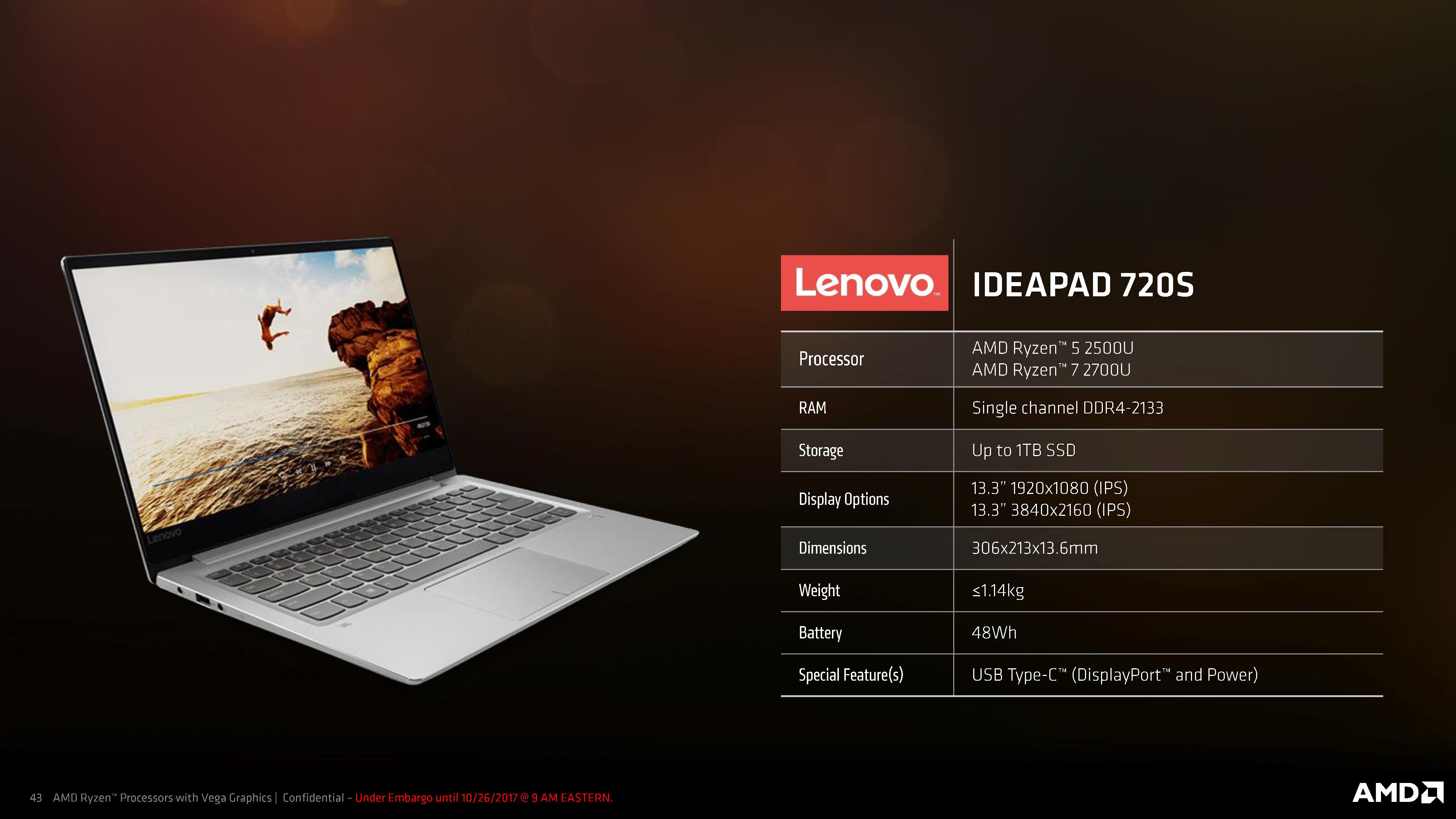juanrga :
What has to do compiler regression with hardware performance? If a new version of a compiler has some problem and reduces the performance
on the same hardware, then one avoids that specific compiler version or the flags generating the problem until it is solved.
The scores given by Kanter are official SPEC submission rather than in house non-validated benches. The scores for the Xeon system are from Huawei, not from Intel. The scores for EPYC are from AMD itself. And they show that Skylake core is much faster than Zen core for integer stuff.
The overclock3d link has Dhrystone benches for the i9-7960X and the i9-7900X. The Sisoftware link has Dhrystone benches for i9-7900X and 1950X. As mentioned in a former post:
For instance in Dhrystone the 16C SKylake does about 662 whereas the 16C ThreadRipper does less than 500.
So this is a second bench where Skylake-X core is much faster in integer code than Zen core.
SIMD units in Intel cores don't "emulate integer operations". There are vector ALUs that execute integer instructions. This is an old diagram for Haswell, relating ports and execution units
AVX512 is something more than a "marketing keyword". AVX512 is a standard ISA in HPC and it starts to become a standard in servers as well
https://www.hpcwire.com/2017/06/29/reinders-avx-512-may-hidden-gem-intel-xeon-scalable-processors/
https://cloudplatform.googleblog.com/2017/02/Google-Cloud-Platform-is-the-first-cloud-provider-to-offer-Intel-Skylake.html
Er... You're using a lot of fancy words there that are mixing a lot of things.
What I mean by "emulating" is you'll no longer be calling the same instruction to operand on an int and will need to invoke the "Vasdfasdfdfsaf" new instruction forcing you to recompile your code, and if you're low level enough in C (or ASM), then you'll have to re-write your code for vectorial operations (good ol' packed stuff with a new lipstick color). Just like on any bleeding edge piece of hardware, the software you have in it will have to be validated again and that is a lot of fun if you want to make full use of AVX512.
For the rest of us plebeians, we'll need Windows 11, so the OS is fully aware of AVX512, just like we were able to use AVX with Win7 (I would imagine Win10 supports up to AVX2?). So, yes, it is a marketing term for even enthusiasts when Intel is selling it in the HEDT platform. We're not going to re-compile our games, software or even 3rd party specialized software that *could* use AVX512. For your point of "standard in servers as well". Care to elaborate on that? I'm pretty damn sure no one in the planet is going to port from their PHP+Apache+Linux/Windows installation just because it now you upgraded to a CPU that supports AVX512. The world you're talking about when referring to "servers" is very damn specific and small. I'd even call it niche. Google has the money to burn to just pop data centers due to the stupid amount of data and projects they have, but that is just one singular example. Amazon and other "cloud" providers will offer AVX512 for their stuff, but that won't make them best sellers unless people actually uses it and knows how to use it. Hence, it's just a fancy marketing term. There's a plethora of start ups making use of Amazon and their stack of software is as standard as the day. How do I know this? Because it's the safest way to migrate from one provider to the other.
I could keep on writing my views on your "AVX512 holy grail", but I'll stop here. Still, just don't say "it's a standard", because there's an organization for that. You can say it's "famous" or "popular", but not "standard". The implications are very different.
In regards to the benches, I'm still not convinced. It's good Intel was able to pack AVX2 to make use of "AVX512", since they'd need Win11 to display some of the goodness of it, but we're still not seeing it all. I'll read more on that, since I haven't found much information, other than the instructions look pretty much the same, but fatter arguments.
PS: http://www.officedaytime.com/simd512e/simd.html




